If you haven’t already: check out challenge #1, #2 and #3 here.
Did you know that around 40% of the average household garbage bin is filled with wasted food every week? (Source: Inner West Council)
That means that by composting our food scraps, we could almost halve the amount of waste we send to landfill. Convinced yet? If you’re worried about your small (or non-existent) backyard or garden, we’ve got you. Read on – there’s solutions for everyone.
But First –
Maybe we should take a look at that 40% that’s being wasted.
Composting is great but reducing the total amount of food wasted is obviously an even better idea. Here’s some tips before we dive into the compost life:
- Only buy what you need (bulk – ahem, like Naked Foods).
- The freezer is your friend – use it to preserve meats, bread, cooked meals, you name it.
- Don’t go away with a full fridge – try and use up all the perishable food you have left, and freeze things you can save for when you return (and a bonus: the fridge won’t stink when you get home).
- Plan your meals so you can use the same ingredients in several dishes.
- Stick to your shopping lists.
- Get creative with your leftovers.
- Divide and share bulk items (with housemates, neighbours, friends, family)
Okay, now that we’ve got that out of the way – bring on the compost bins.

Why Compost?
- To begin with, when you don’t compost, your food scraps will be sent to landfill – where they decompose without oxygen (anaerobically). This process produces methane – a greenhouse gas with over 20 times the global warming capacity of carbon dioxide.
- Decomposing food scraps are also a potential source of leachates (liquid that drains from landfills) that can contaminate surface and ground water.
- Meanwhile, composted food scraps can be used reused as fertiliser – whether that be in your own garden or donated to local fertilisers and worm farms. Some commercial composters can even capture the methane and biogases produced to generate electricity.
(Source: Recycling Near You)
How to Compost – Even in an Apartment
There’s a few different ways to compost:
- Compost bins are the most obvious ones, great to store in your backyard and use to keep your garden happy and healthy. You can pick one up at your local hardware or garden store.
- Worm Farms are another great for small spaces and can be stored on a balcony, courtyard or even inside.
- Bokashi Bins are a great option for small spaces minus the worms, which we break down (pun intended) further here. It also allows you to compost things like dairy, citrus and bones – things that can’t go in a traditional compost bin.
- Council Collection is a scarce but valuable option limited to a few Australian councils who have already introduced food scrap collection bins (just like the garden cuttings bins we all know and love). If you’re one of the lucky ones, you can simply get your hands on a separate food scraps bins – fingers crossed the rest of Australia will jump on this idea soon.
What To Do With My Compost?
If you have a yard and garden, you can use your own compost on to keep your garden happy and healthy – compost acts as an excellent soil conditioner by improving soil fertility and encouraging plant growth.
If you live in a small apartment or don’t want a garden – no worries! You can still help by donating your scraps or compost to others who can use it.
- Offer it to friends and family with gardens
- Donate it to a community garden
- Check out one of these sharing websites:
- Sharewaste – Australia-wide website that helps you find nearby composts to donate your scraps to.
- Recycling Near You – a similar idea to Sharewaste, this website allows you to look up where you can recycle just about anything – including food scraps.
- The Sharing Map Sydney – you can use this website to search for community gardens who may use your scraps.
- Brisbane City Council – lucky Brisbane! Your council has provided a composting hub directory and map for you to use.
- The Sydney Compost Exchange – a small community Facebook group with some great post shares, and a place to find other people who want your compost. You can probably also find other exchanges in your local area by searching Facebook.

Every little change makes a difference so we’d love to hear what you guys are doing to help our planet. Keep the brainstorms going and keep sharing with us so we can pass on the good word – whether that’s by responding to our online newsletter, commenting on our Instagram or Facebook stories or tagging your posts with #nfnakedplanet.
Words by Amy Fraser.

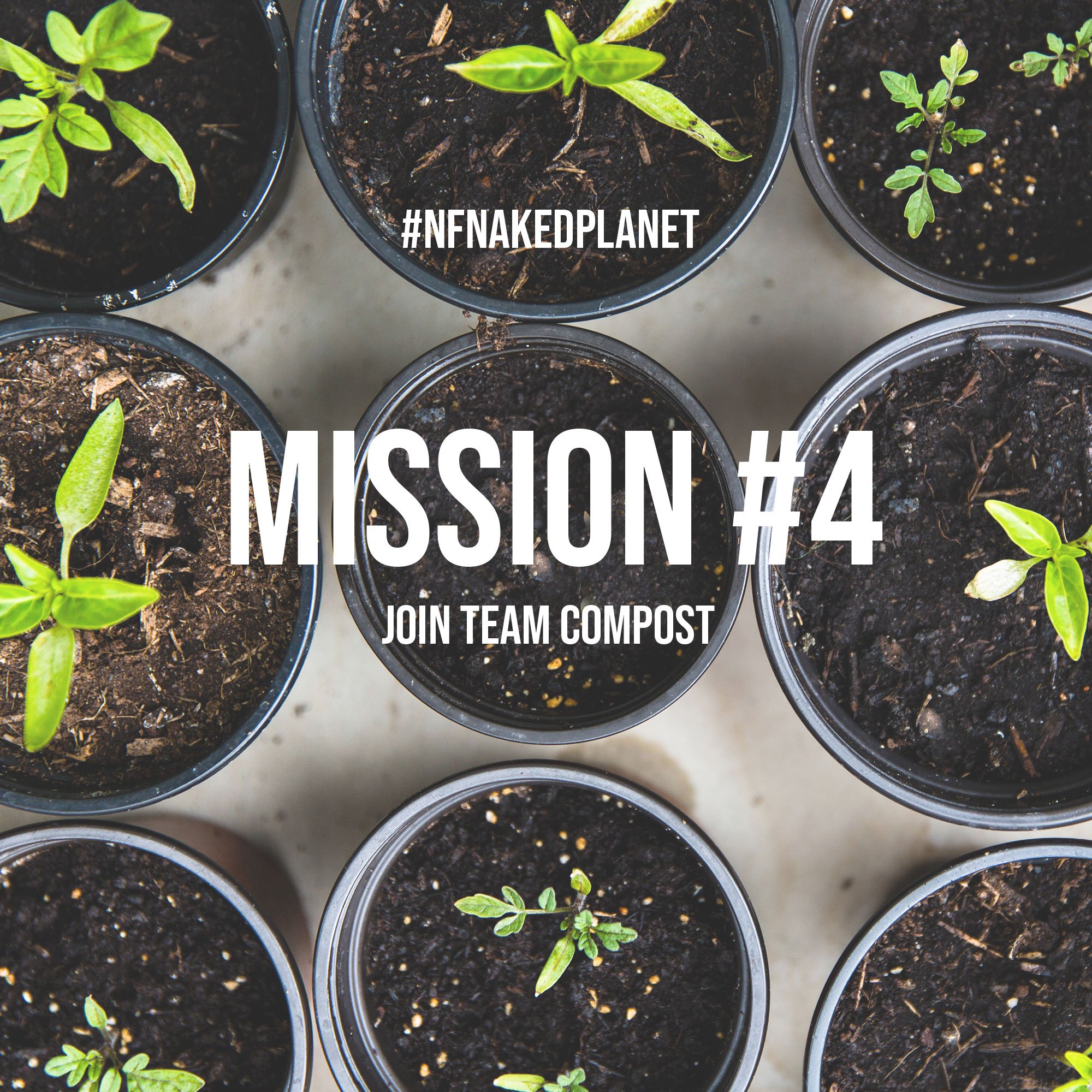
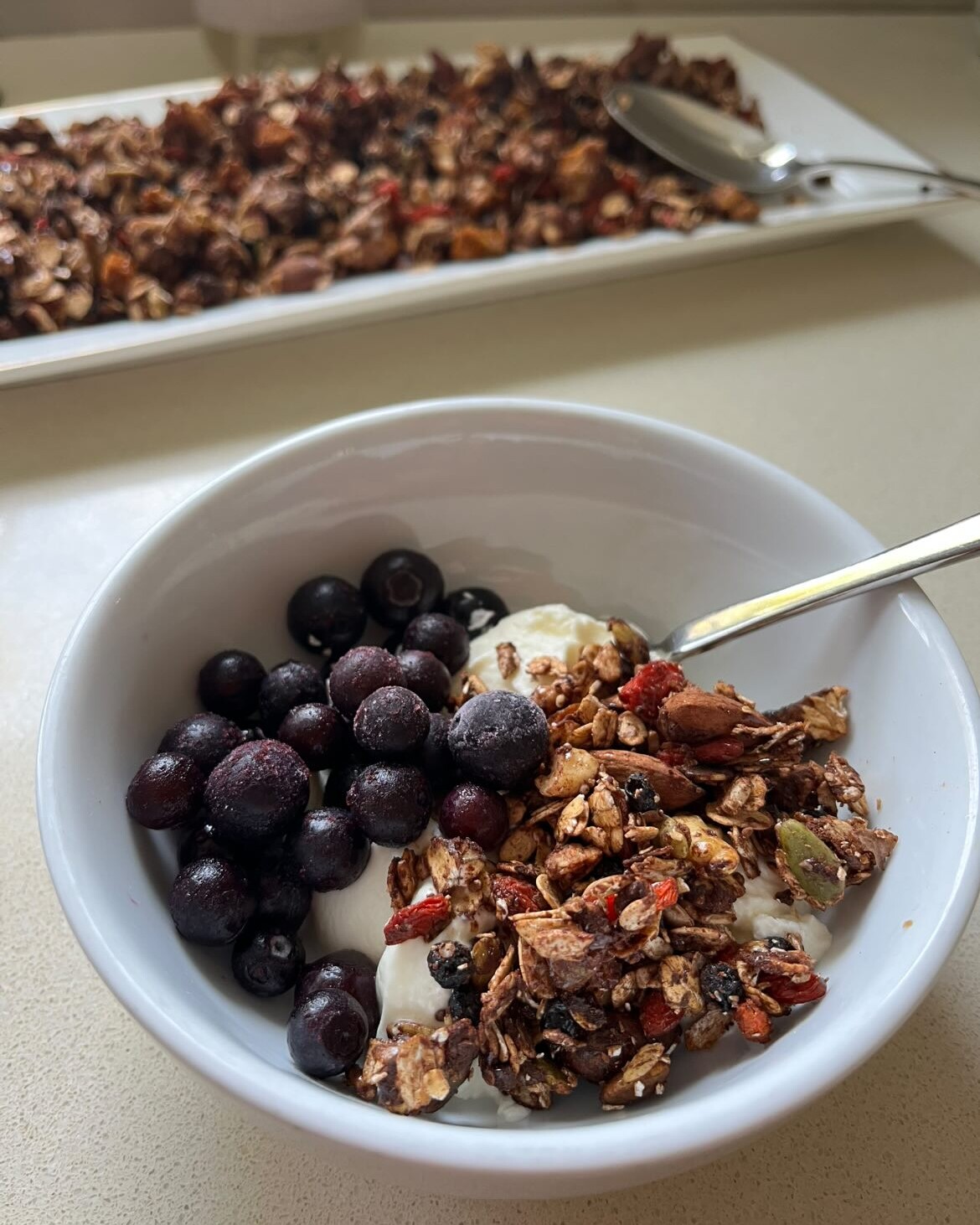
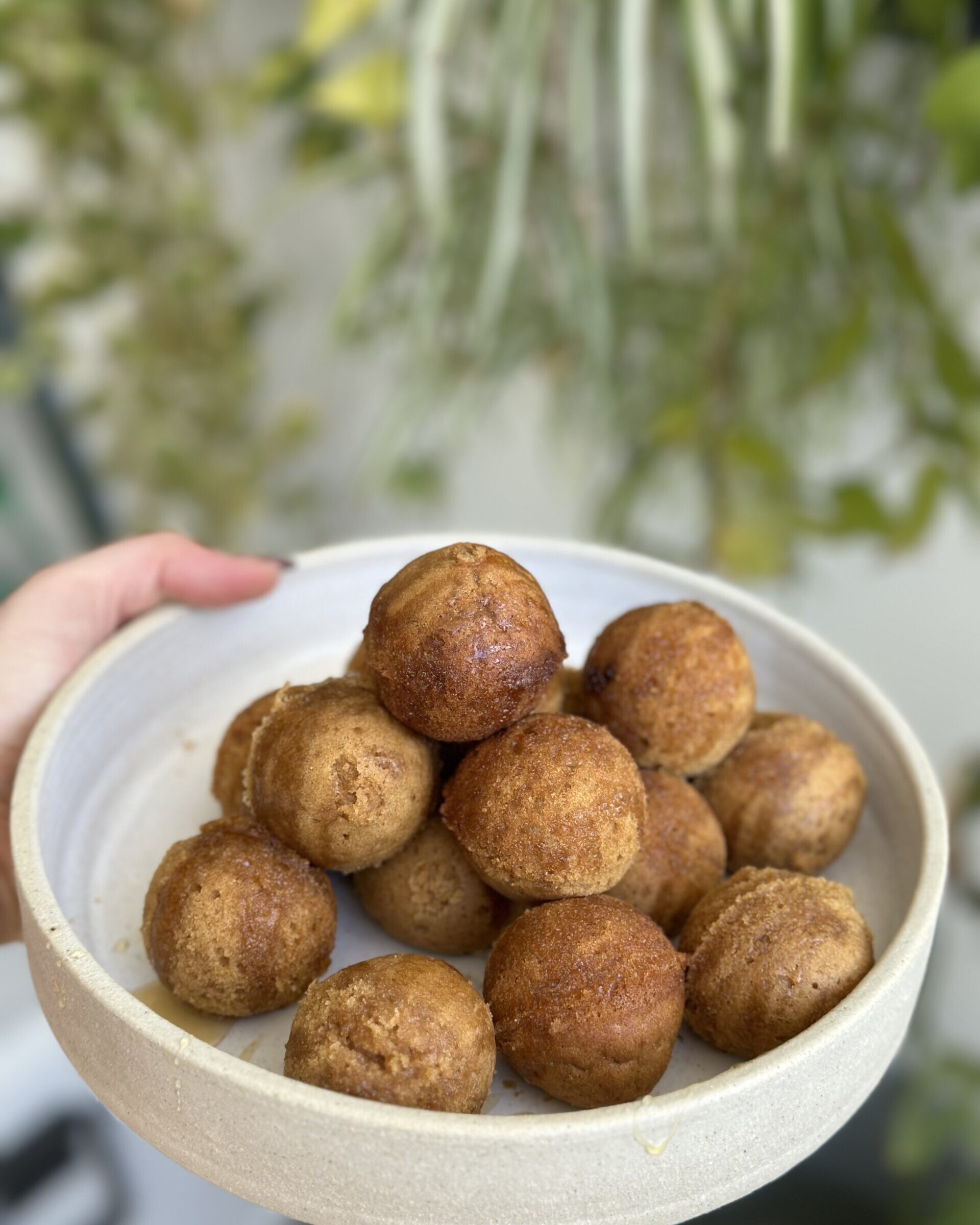
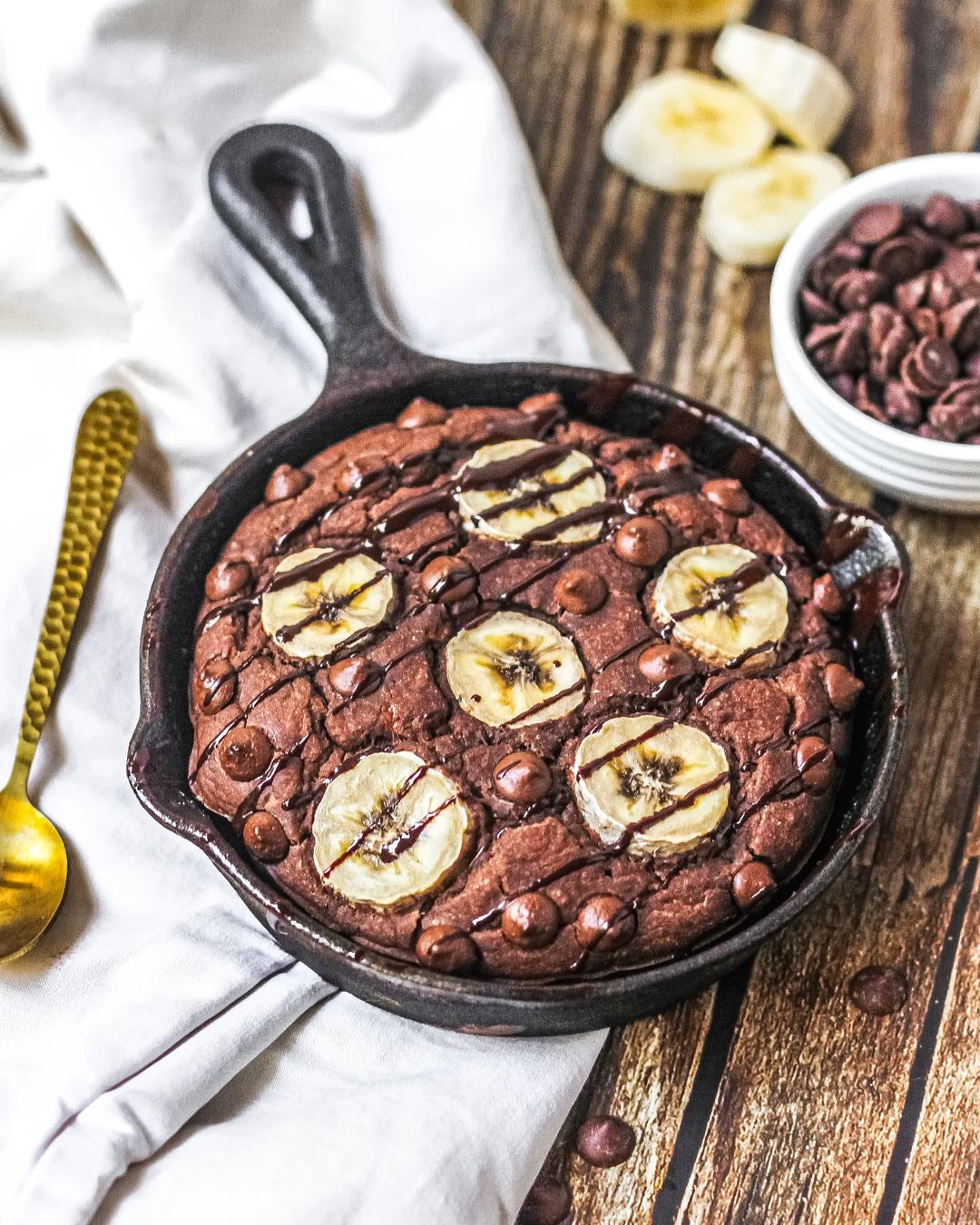
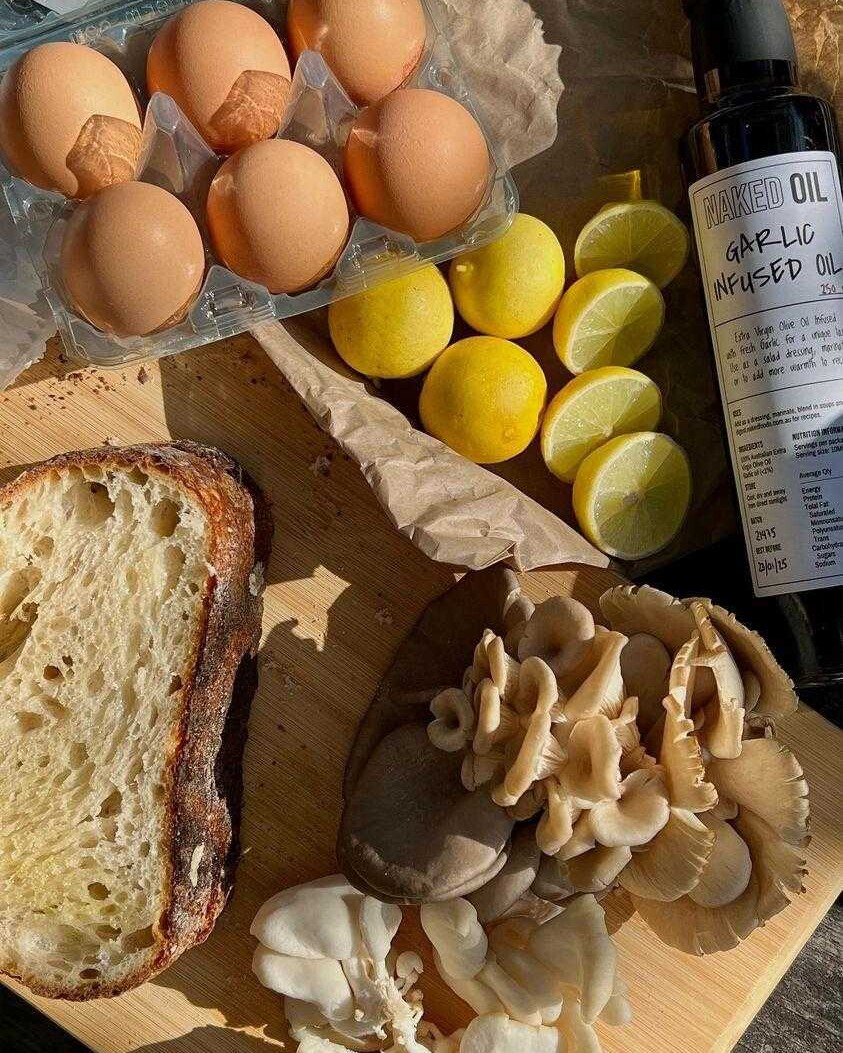
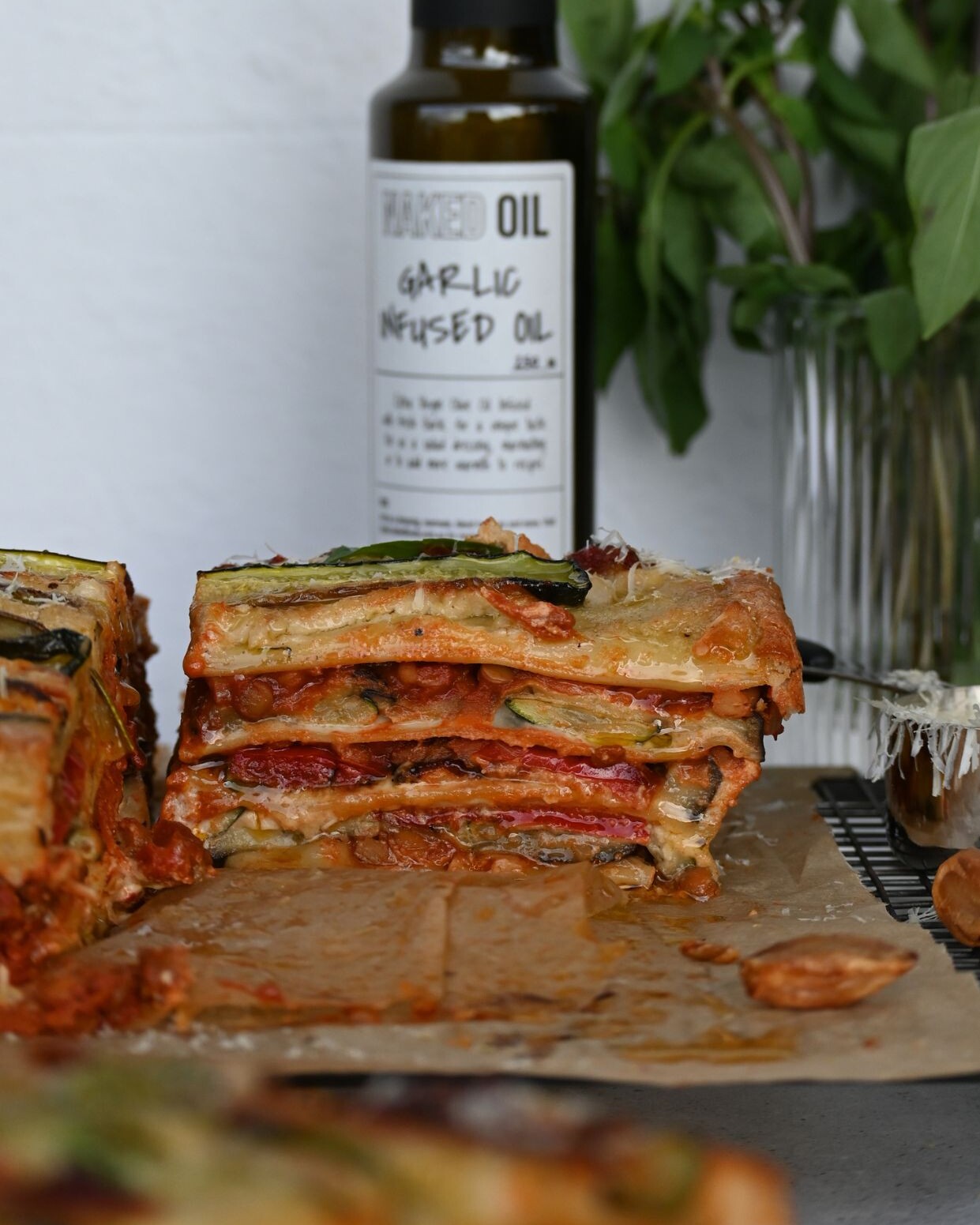
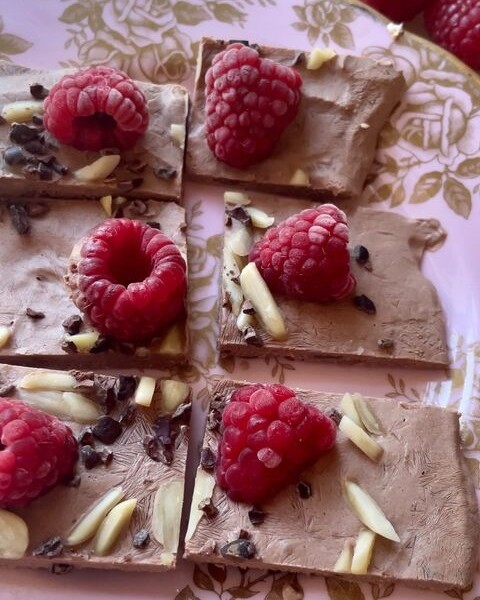
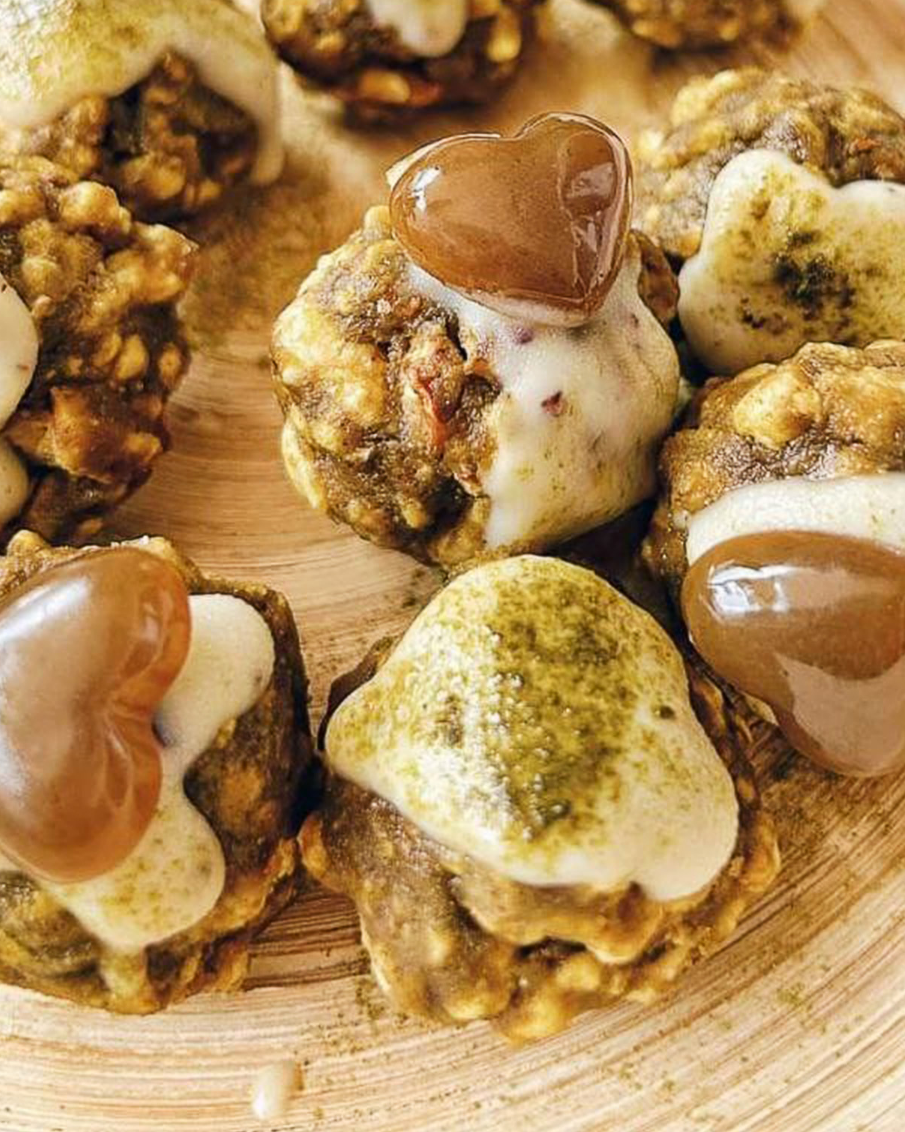
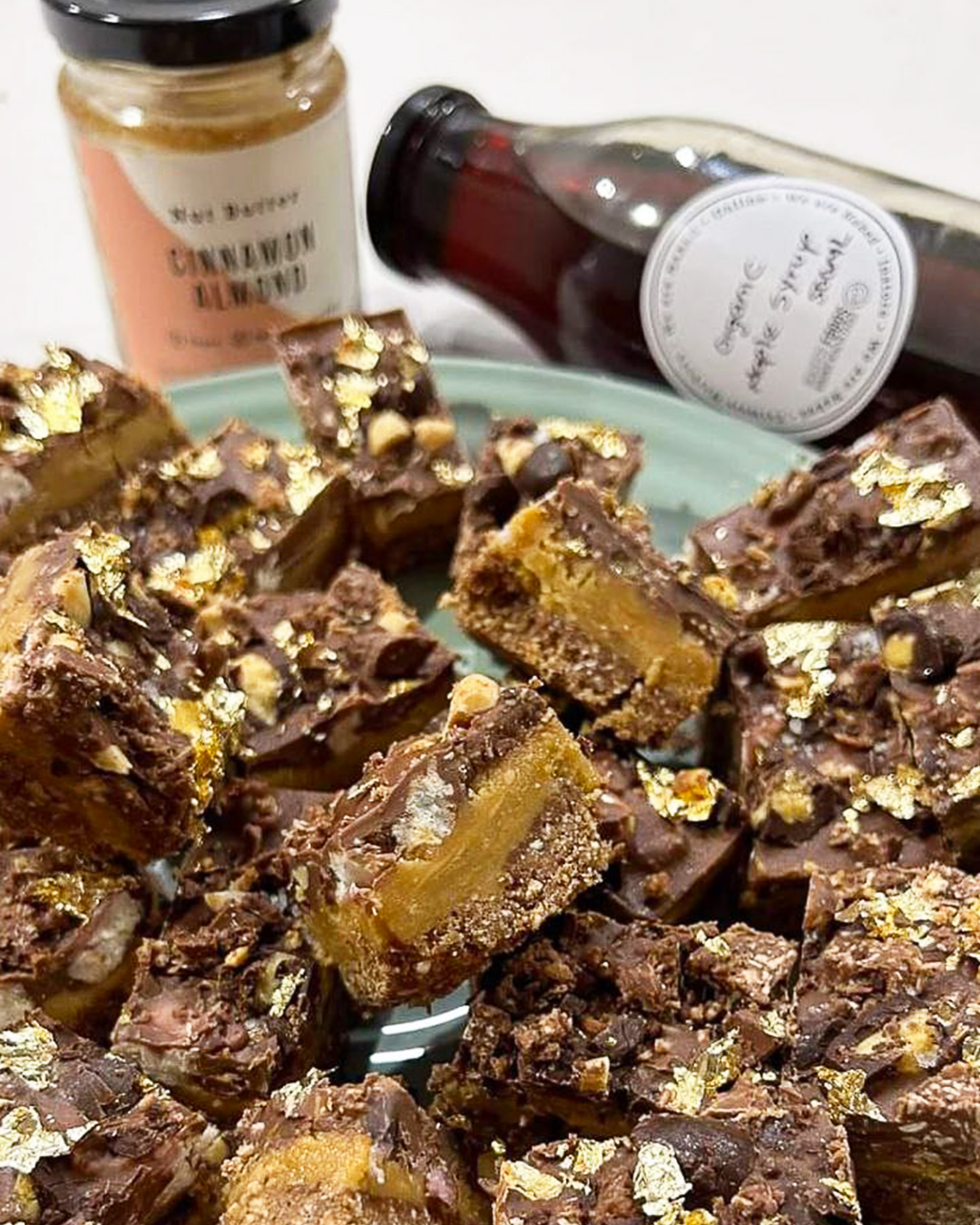
 OUR NEW VARIETY PACKS ARE HERE!
Treat yo
OUR NEW VARIETY PACKS ARE HERE!
Treat yo

Jars make everything look s
Jars make everything look s


Enjoy a ca
Enjoy a ca